New national adoption program gives pet reptiles and amphibians a safe home — instead of being dumped in the wild
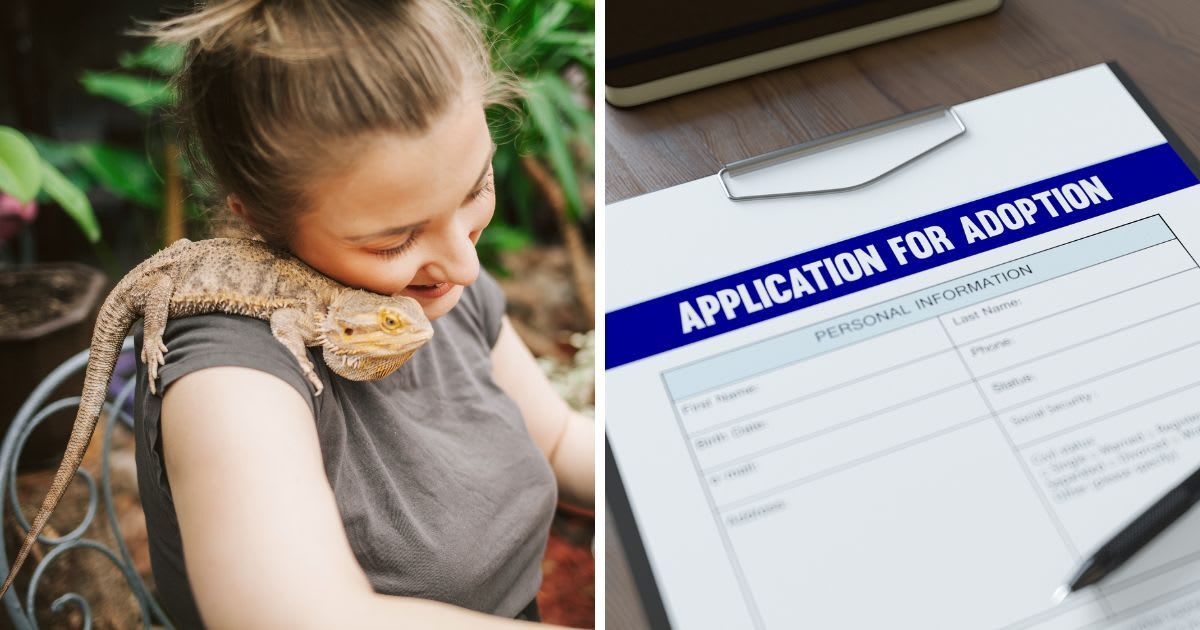
While cats and dogs are the norm in pet welfare services, a majority of them fail to consider exotic pets, such as amphibians and reptiles. Now, the Healthy Trade Initiative (HTI) has launched a national adoption initiative for reptiles and amphibians to raise awareness about their well-being and safe rehoming options. This opportunity will allow pet owners to choose humane surrender options rather than irresponsibly releasing them in the wild, which could jeopardize both human safety and local wildlife, as per a report by DVM360.
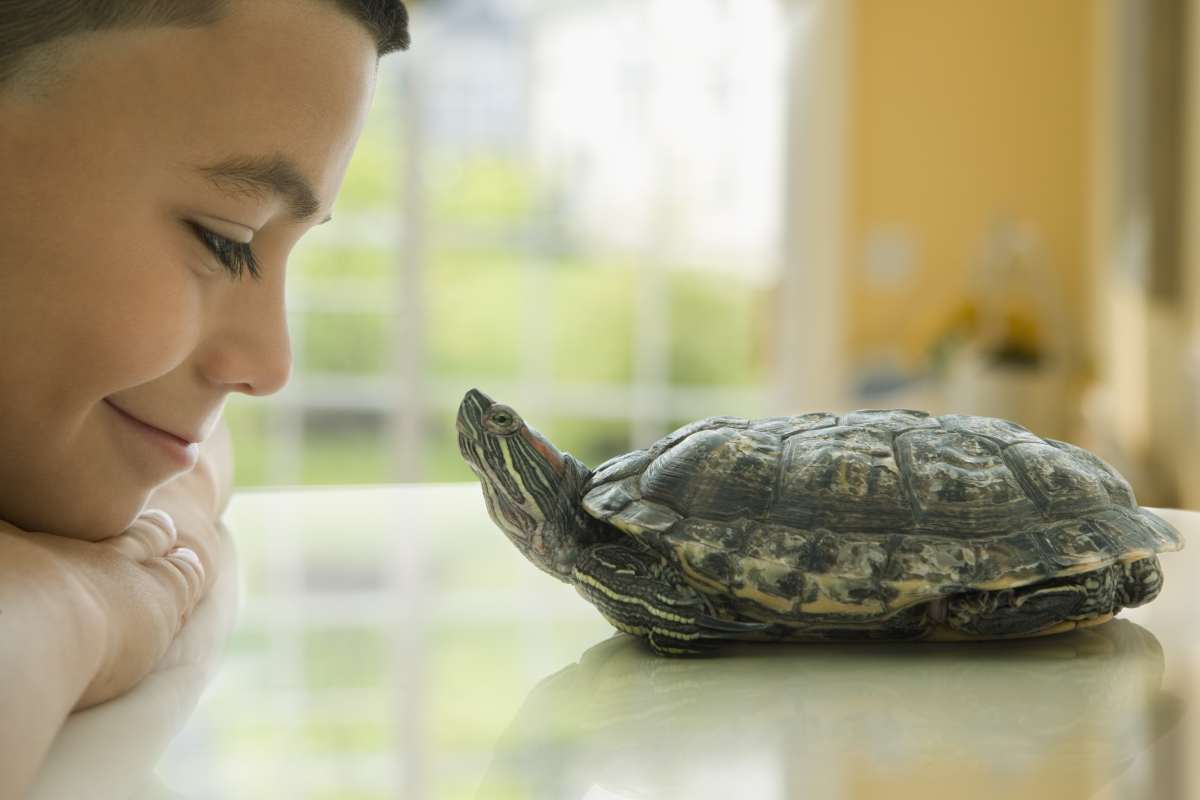
The HTI has launched the Herp Adoption Program in partnership with the University of Tennessee College of Veterinary Medicine (UTCVM). While it may seem extraordinary, pet ownership of reptiles and amphibians is almost as common as households with pet birds or small animals, according to the 2025 American Pet Products Association National Pet Owners Survey. Currently, 6 million American households own a pet reptile. With the help of this adoption program, owners can surrender reptiles and amphibians for free, paying only a small fee to cover the cost of shipping the animal to Tennessee. Additionally, Redline Shipping, a partner with the HTI, is offering a 65% discount on overnight shipping for owners.
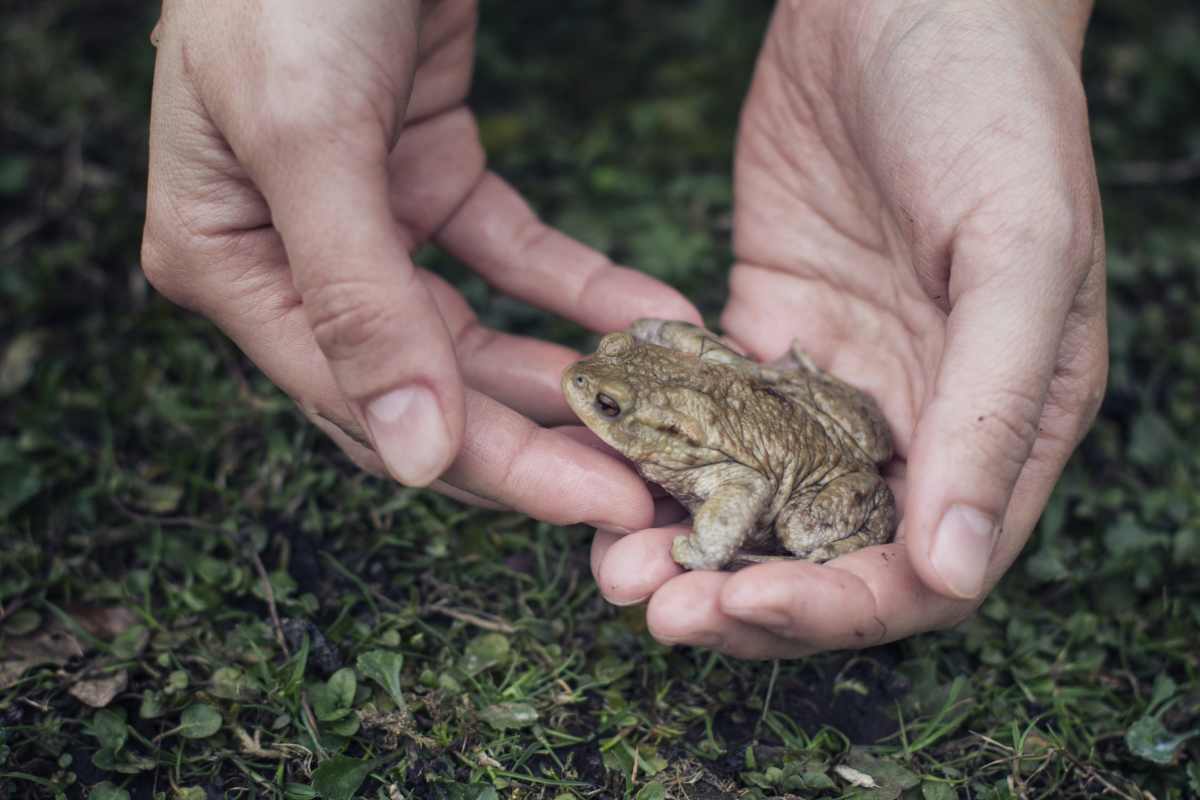
The adoption program was not created out of the blue. The policies are backed by science and ensure that all exotic pets are health-verified to protect other animals and future owners. Currently, the program is accepting surrenders of bearded dragons, ball pythons, and amphibians. By October 2025, the acceptance will extend to most snake species and additional reptile species by the following year. Burmese and reticulated pythons, however, are not accepted. Matt Gray, PhD, president of the HTI, said in a news release, “This is a win-win for the pet trade. We are not only giving surrendered herps the care and attention they deserve, but we are also providing crucial training opportunities that will help shape the next generation of exotic pet veterinarians.”
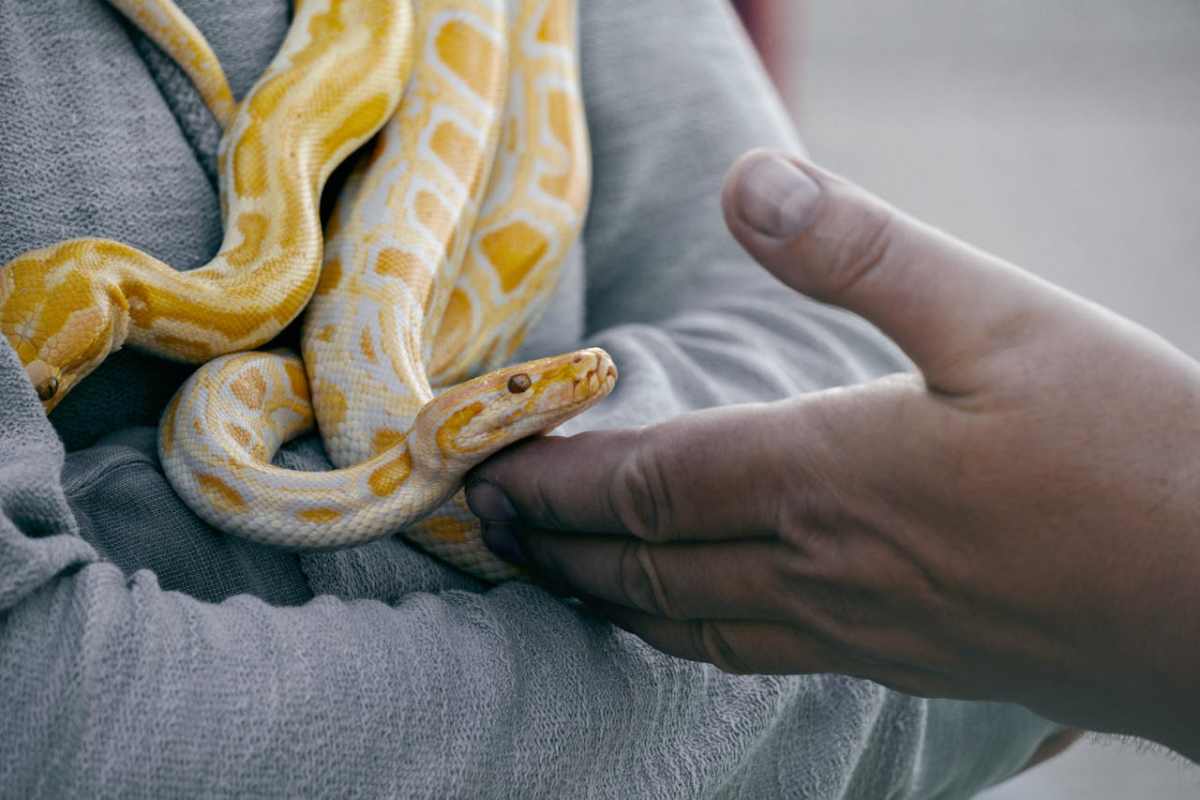
Every animal undergoes a mandatory veterinary health assessment to check for common pathogens that may cause problems later. These include chytrid, ranavirus, adenovirus, and Cryptosporidium. Emi Knafo, DVM, DACZM, a clinical assistant professor at the UTCVM, explained that the adoption program “protects” wild amphibians and reptiles by minimizing the number of “unwanted pets” dumped into the wild. She emphasized that by providing a responsible alternative, owners help maintain healthier ecosystems. All donations go toward veterinary care, pathogen testing, and housing for the pets surrendered.
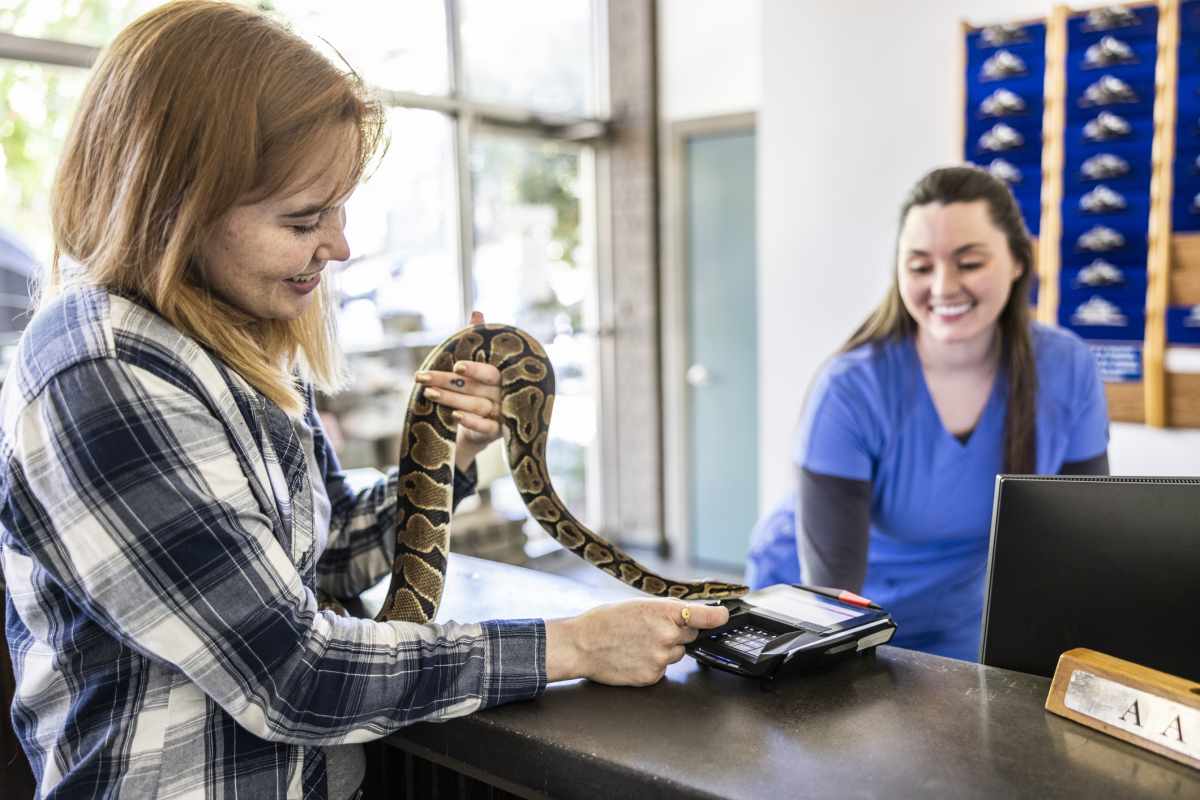
According to the International Federation of Animal Welfare, 75% of new diseases discovered in the last decade, including SARS, mpox, and avian flu, originate from wildlife. However, this only happens when humans invade their habitats and bring the wild creatures into proximity to the human world, resulting in stress. “Stressed animals become sick and shed viral particles more easily—placing other animals and humans who come into contact with them at high risk of getting sick,” said Mark Hofberg, IFAW Campaign Officer.